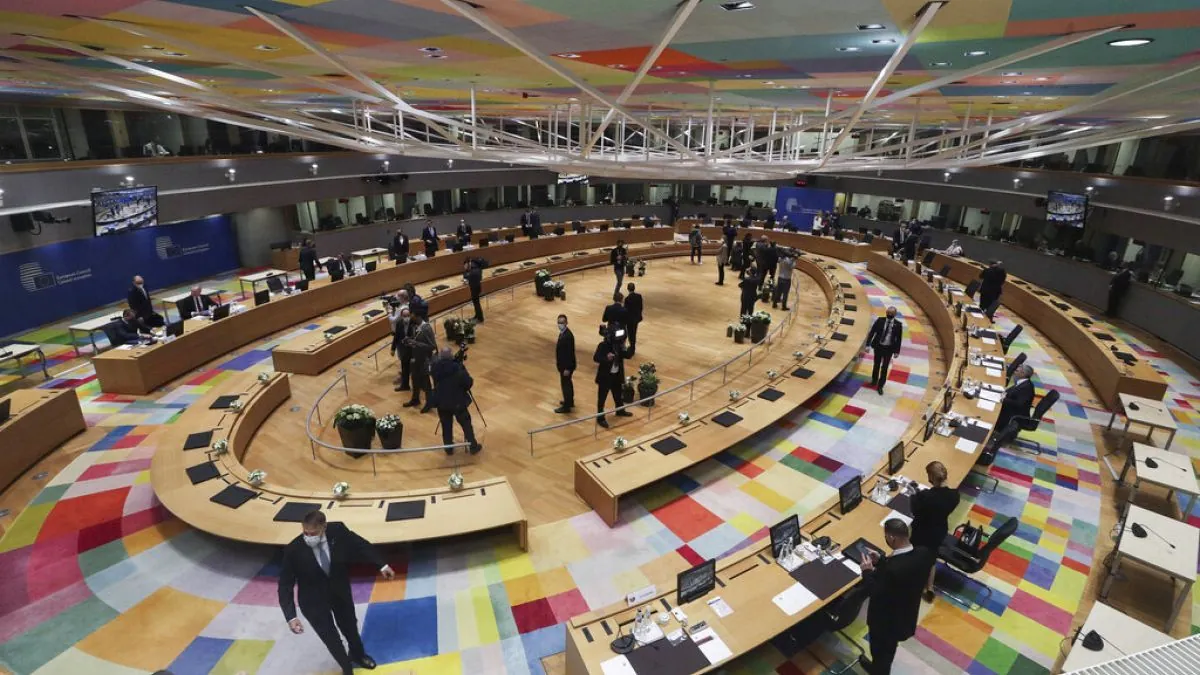Trump's trade threats push Europe to seek unexpected economic independence
Europe faces tough choices as Donald Trump threatens new trade tariffs on EU exports. Unlike China‚ the EU lacks unified defense mechanisms but might find unexpected benefits in developing self-reliance

In late-2024 Donald Trump hints at harsh trade measures against Europe with 10-20% tariffs‚ showing EUʼs weak spots compared to China (whose unified system makes it a stronger opponent)
The EUʼs fragmented political landscape creates unique problems: its lacking both Chinas ability to buy US goods in bulk and its strategic resource control. Yet this challenge might help fix EUʼs long-standing issues - something Mario Draghi pointed out in his recent economic report
The silver lining would be making real the recommendations of the Draghi report‚ but it wont be done overnight
Brussels first response looks at buying more US stuff but theres problems with that: EU companies make market-based choices (unlike Chinese ones); plus European food-safety rules block many US products. The situation with cars is tough too - EUʼs auto-industry isnt doing great right now
The EUʼs looking at different ways to handle this:
- More defense spending to please Washington
- Ready-to-go targeted tariffs on US goods
- Using their anti-coercion tools
- Leveraging chemical and pharma exports
Smart people at Oxford Economics say full Trump tariffs could cut world trade by 10% and shrink everyoneʼs economy by 1%. But Europeʼs got a plan-B: making new friends. Theyʼre close to signing deals with Latin American countries; talking to Mexico India and Indonesia too
The EU might actually benefit from this push - just like China got stronger after US tech restrictions. Ursula von der Leyen is already working on getting more US gas‚ but Europe needs its own path: building new trade routes and getting better access to important materials





























